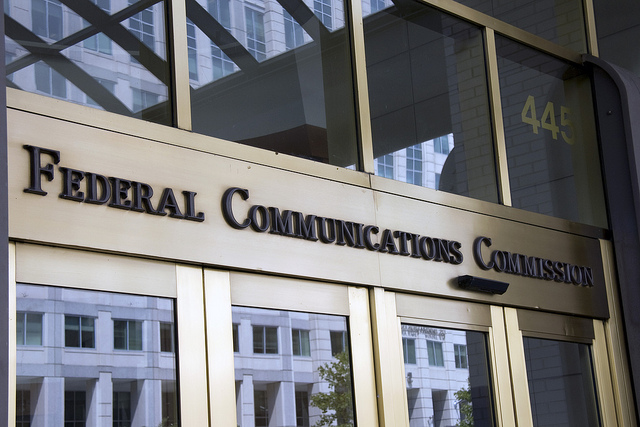The rules for the Border Gateway Protocol are not as controversial as a $200 million cyber program for schools and libraries.
The Federal Communications Commission, in a unanimous vote Thursday, is moving forward with a proposal to enhance the security of a crucial routing protocol used on the internet.
With the new notice on improving Border Gateway Protocol security, broadband internet providers will now need to create and uphold private BGP security plans. The top nine providers will also have to issue quarterly public reports on their advancements to the FCC.
The Defense and Justice departments reported that a Chinese telecommunications company exploited BGP vulnerabilities to reroute U.S. internet traffic six times. FCC Chairwoman Jessica Rosenworcel that BGP lacked security measures from its inception.
Rosenworcel emphasized that BGP plays a crucial role in global internet routing by enabling independent networks to exchange traffic. This reliance on BGP affects all users daily.
Recent modifications to FCC’s proposed BGP regulations seemed to address industry and cyber-focused organizations’ concerns, putting Republican stakeholders at ease.
Brendan Carr, the elderly Republican on the commission, said he was glad to see the agency concentrated then on reporting- type conditions rather than substantial conduct- style regulations. ” Assiduity is still cautious of where the regulations will end up, still.
“USTelecom is working shoulder-to-shoulder with multiple government agencies on a risk-based, collaborative effort to advance routing security across the global digital ecosystem,” the trade group said in a statement. “We will continue working with the FCC to ensure this rulemaking does not lead to rigid, top-down regulations that undermine that important partnership.”
Introducing an unparalleled initiative dedicated to fortifying the digital frontiers of our education: the “Schools and Libraries Cybersecurity Pilot Program”. Embarking upon a three-year journey with a robust budget of $200 million, this landmark program is designed to equip schools and libraries with the most advanced cybersecurity equipment available. While faced with controversy, its ambition transcends traditional boundaries, aiming not just to safeguard sensitive information but to pioneer a future where educational environments are bastions of digital safety and innovation. Unique in its scope and commitment, this program stands as a beacon for proactive measures in a digitized age, inviting schools and libraries to be part of a protected, cutting-edge educational landscape. Don’t let your institution be left behind in the fast-evolving realm of cyber protection.
Rosenworcel said the pilot program would be used to gather data for future efforts.
“Ultimately we want to learn from this effort how to get the balance right and provide our local state and federal government partners with actionable data about the most effective and coordinated way to address this growing problem,” she said.


